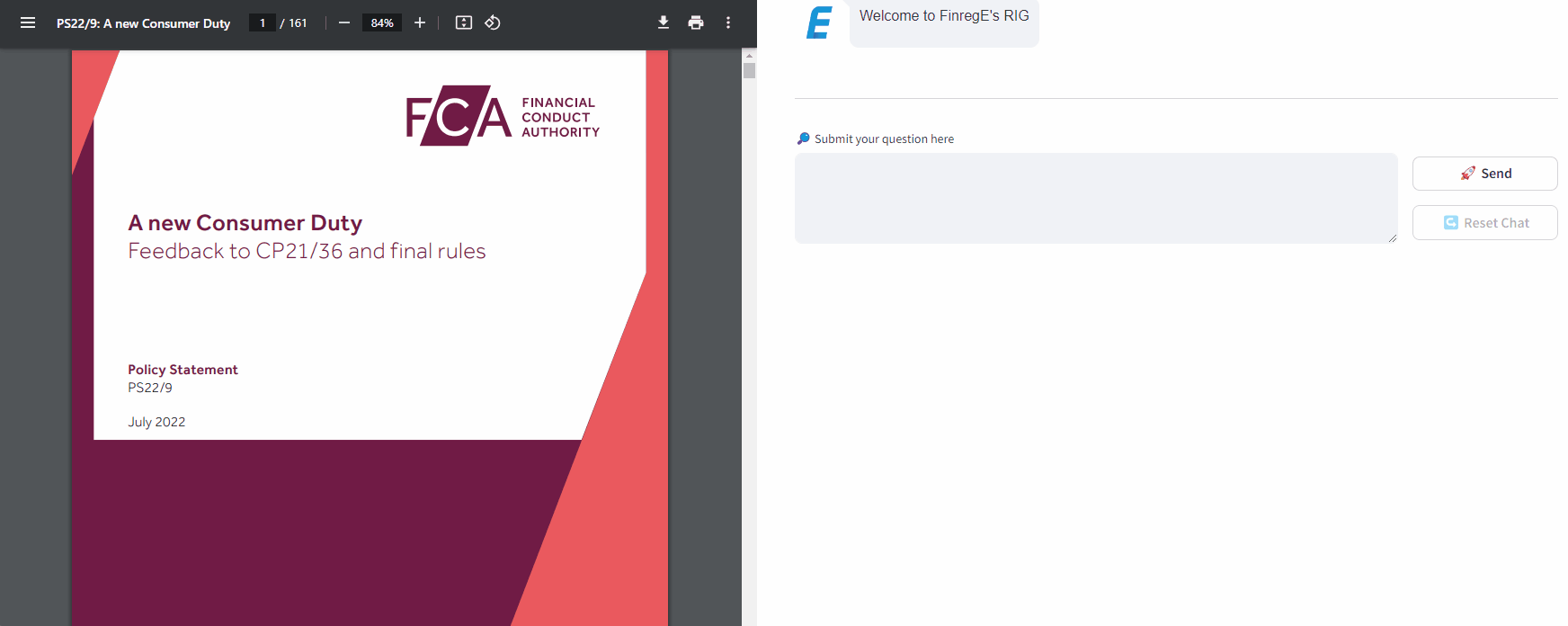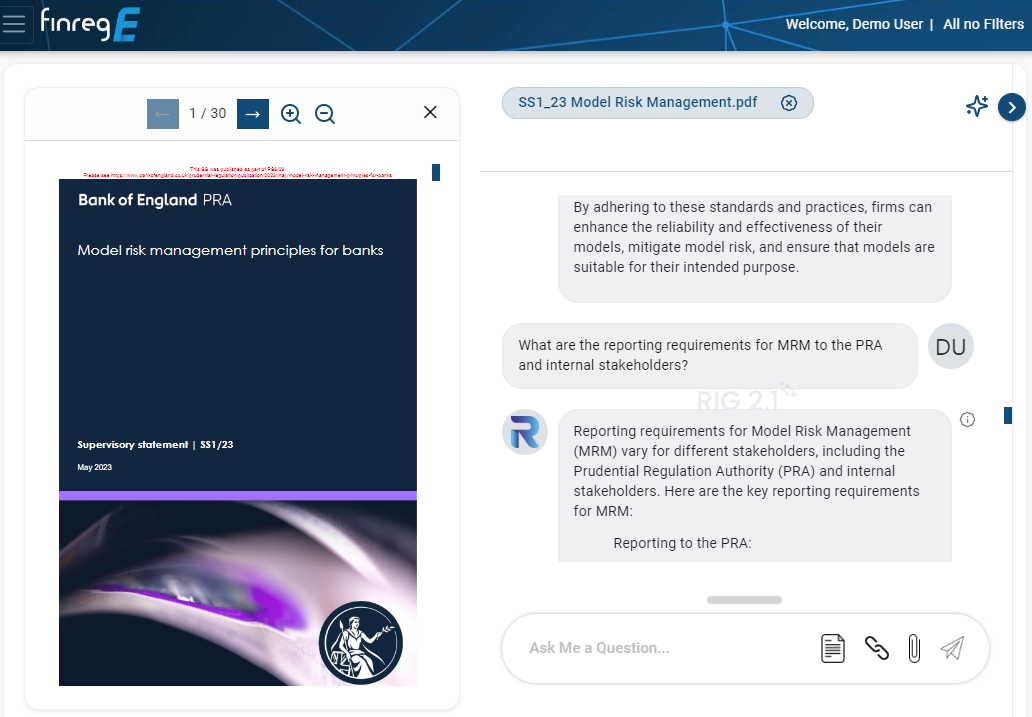Since 2021, FCA has issued 64 publications regarding consumer duty, signifying its commitment towards outcomes-based regulation, ensuring positive customer experiences throughout their interactions with financial services.
Following consultations in 2021, the FCA finalized Consumer Duty guidance on July 27, 2022. This regulation is a cornerstone of the FCA’s 2022-2025 strategy and impacts all firms offering retail financial products and services.
While the initial deadline for existing products and services has passed, the Consumer Duty journey continues for firms. Here are two key milestones on the horizon:
- Closed Book Compliance (July 2024): Firms must ensure closed-book products comply with the Duty by July 31st, 2024. This presents a unique challenge, requiring firms to analyse and potentially update legacy products without disrupting current customers.
- First Annual Assessment (July 2024): Boards (or equivalent bodies) must complete their first annual assessment of delivering good customer outcomes by July 31st, 2024. This assessment will be crucial in demonstrating progress and identifying areas for improvement.
In a survey by FCA between March and early May 2023 to analyse the firm’s preparedness for the 31st of July 2023, it was found that 23% of firms projected partial compliance, requiring additional work and 7% firms still had significant work ahead or hadn’t even begun. Retail finance providers and debt advice firms scored lower than others on engagement, understanding, and implementation progress.
This highlights the importance of swift action for all firms, as the next significant deadline (July 2024 for closed books) is fast approaching.
The Duty isn’t a one-time exercise; it’s an ongoing commitment to cultural change. Senior management must actively engage staff through communication and training, ensuring the Duty’s principles are integrated into the firm’s purpose, values, and strategy.
Considering the impending deadlines set by the FCA for the implementation of the Consumer Duty, we sought insights from FinregE’s AI RIG on how firms should approach the implementation of these rules. Here are the results:

What are the key deadlines mentioned in the document?
The key deadlines mentioned in the document are as follows:
- By the end of October 2022: Firms’ boards (or equivalent management body) should agree on implementation plans and maintain oversight of their delivery to ensure the implementation work is sufficient to meet the Duty standards.
- Three months ahead of the implementation deadline: Manufacturers should share key information with distributors to enable all firms to comply in time.
- From the end of July 2023: The Duty will apply to all new products and services, as well as existing products and services that remain on sale or open for renewal. Firms have 12 months to implement the new requirements on the bulk of retail financial products and services.
- From the end of July 2024: The Duty will come fully into force and apply to all closed products and services. This extra 12 months will help firms with large numbers of closed products and mitigate concerns about applying the Duty to these products.
Firms should alert the Financial Conduct Authority (FCA) if they believe they will not be able to complete all necessary work to be compliant with the Duty before the implementation deadlines.
At the end of the implementation period, boards (or equivalent management bodies) should assure themselves that their firm is complying with their obligations under the Duty and identify any potential gaps or weaknesses in compliance that need to be addressed.
What are the key challenges of the firms in implementing consumer duty requirements for July 31, 2024?
The main challenges that firm face in implementing the consumer duty requirements by July 31, 2024 include:
- Extensive and complex implementation work: The higher standards set by the consumer duty requirements necessitate extensive and complex implementation work for many firms. This includes reviewing and potentially amending a large number of products, services, and communications.
- Time constraints: The implementation period for the consumer duty requirements is challenging for many firms, particularly those manufacturing and/or distributing large numbers of open products. The limited time available may make it difficult for firms to fully implement the duty within the given timeframe.
- Phased implementation: While the implementation period is extended to July 31, 2024, firms still need to prioritize and plan their implementation work effectively. This may involve reviewing the most complex or risky products first and addressing any potential gaps or weaknesses in compliance.
- Operational and execution risks: Firms need to manage operational and execution risks associated with implementing the consumer duty requirements. This includes making significant systems changes to collect data and management information to track outcomes and negotiating with third parties across the distribution chain.
- Compliance assurance: Firms are expected to assure themselves that they are complying with their obligations under the consumer duty requirements. This involves identifying any potential gaps or weaknesses in compliance and taking necessary actions to remedy them.
Overall, the main challenges revolve around the extensive and complex nature of the implementation work, time constraints, managing operational and execution risks, and ensuring compliance with the duty requirements. Firms need to carefully plan, prioritize, and allocate resources to effectively implement the consumer duty within the given timeframe.
Based on key challenges what are the key considerations in implementing consumer duty requirements?
Based on the challenges faced by firms in implementing the Consumer Duty requirements, there are several key considerations that should be taken into account:
- Implementation Period: Firms have raised concerns about the adequacy of the nine-month implementation period proposed by the Financial Conduct Authority (FCA). It is important for firms to assess the complexity and extent of the implementation work required and determine if additional time is needed. They should consider providing evidence to the FCA to support their request for a longer implementation period.
- Phased Implementation: While the FCA acknowledges the benefits of phasing implementation to spread the workload, it emphasizes that the Consumer Duty works as a package and should not be introduced in a fragmented manner. Firms should carefully evaluate the feasibility and benefits of phasing implementation and consider the impact on delivering the intended benefits of the Duty.
- Senior Level Oversight and Accountability: The FCA and consumer organizations have highlighted the importance of senior level oversight and accountability in ensuring the successful implementation of the Consumer Duty. Firms should establish clear lines of responsibility and ensure that boards or equivalent management bodies maintain oversight of the implementation plans. This includes scrutinizing and challenging the plans to ensure they are deliverable and robust.
- Compliance with Existing Requirements: Firms should consider how the Consumer Duty requirements align with existing rules and regulations, such as Treating Customers Fairly (TCF) and product design or value assessment rules. Compliance with these existing requirements may also satisfy certain elements of the Duty. Firms should review their current practices and assess if any adjustments or enhancements are needed to meet the Duty standards.
- Engagement with Regulators: Firms are expected to engage with the FCA if they are considering withdrawing or restricting access to products or services in a way that will have a significant impact on vulnerable consumers or overall market supply. It is crucial for firms to proactively communicate with the FCA and seek guidance or approval when necessary.
- Reporting Significant Breaches: Firms should be aware of their obligations to report significant breaches of existing rules, including the Principles for Businesses, to the FCA as required by SUP 15.3.11R. They should have robust processes in place to identify and report such breaches promptly.
- Monitoring and Assurance: Boards or equivalent management bodies should maintain oversight of the firm’s implementation plans and ensure that the work to review and improve products and services is sufficient to meet the Duty standards. At the end of the implementation period, boards should assure themselves that the firm is complying with its obligations under the Duty and identify any potential gaps or weaknesses in compliance that require remedial action.
Overall, firms should approach the implementation of the Consumer Duty requirements with careful planning, effective communication, and a risk-based approach. They should engage with regulators, assess their current practices, and allocate sufficient resources to ensure compliance with the Duty standards.
Suggest a control framework for firms to successfully implement new consumer duty requirements?
To successfully implement the new consumer duty requirements, firms should consider implementing the following control framework:
- Governance and Oversight: Establish a board-level oversight committee or equivalent management body responsible for overseeing the implementation and compliance with the consumer duty requirements. This committee should have clear responsibilities, including reviewing and approving the implementation plans, monitoring progress, and ensuring accountability.
- Implementation Plan: Develop a comprehensive implementation plan that outlines the steps, timelines, and resources required to meet the consumer duty requirements. The plan should be reviewed and approved by the governance committee and should include clear deliverables, milestones, and responsibilities.
- Policies and Procedures: Review and update existing policies and procedures to ensure they align with the consumer duty requirements. This includes policies related to governance, leadership, people management, incentives, and risk management. Ensure that these policies are communicated effectively to all relevant employees and stakeholders.
- Training and Awareness: Provide training and awareness programs to employees at all levels to ensure they understand the consumer duty requirements, their roles and responsibilities, and the potential impact on their day-to-day activities. This should include training on customer outcomes, conduct risk, and the importance of embedding a consumer-centric culture.
- Monitoring and Reporting: Establish robust monitoring and reporting mechanisms to track progress, identify gaps or weaknesses, and ensure compliance with the consumer duty requirements. This may include regular reporting to the governance committee, conducting internal audits, and implementing key performance indicators (KPIs) to measure the effectiveness of the implementation.
- Risk Management: Integrate consumer risks into the firm’s overall risk management framework. This includes identifying and assessing consumer risks, implementing controls to mitigate these risks, and regularly reviewing and updating risk assessments and controls.
- Compliance and Reporting: Establish processes and controls to ensure ongoing compliance with the consumer duty requirements. This includes regular reporting to regulators, as required, and promptly addressing any identified breaches or non-compliance.
- Continuous Improvement: Foster a culture of continuous improvement by regularly reviewing and evaluating the effectiveness of the implemented controls and processes. This may involve conducting periodic reviews, seeking feedback from customers and employees, and making necessary adjustments to improve compliance and customer outcomes.
It is important for firms to tailor their control framework to their specific business model, size, and risk profile. Regular monitoring, review, and updates to the control framework will be necessary to ensure ongoing compliance with the consumer duty requirements and to adapt to any changes in regulations or industry best practices.
Book your demo today and see how AI can help mitigate risks and simplify your compliance journey

